| Hollywoodland | Dec 25 2018 |

Kenneth Anger explores Hollywood's darkest recesses in his landmark tell-all.
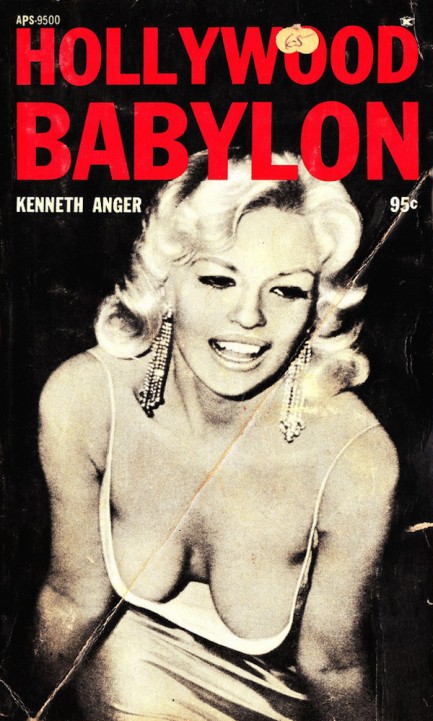
Kenneth Anger's Hollywood Babylon is the grandaddy of all Tinseltown exposés. It was published in 1965, banned ten days later, and shelved until 1975. It's exactly as advertised, outing everybody that was anybody for everything. Entire chunks are devoted to Charlie Chaplain, Lana Turner, Errol Flynn, Fatty Arbuckle and other cinematic luminaries. Some of its claims have been proved false—for instance the assertion that Lupe Velez died with her head in a toilet, and that Clara Bow screwed the USC football team (we doubt anyone really believed that one, even back then). But other tales are basically true, including accounts of various legal run-ins and feuds.
Anger's writing is uneven, but at its most effective mirrors the type of pure tabloid style that influenced the likes of James Ellroy and others. Besides the salacious gossip the book has a ton of rare celeb photos, and those are of real worth. We've uploaded a bunch below. They came from a digital edition because our little paperback was too fragile to get on a scanner. By the way, don't feel as if we're working overtime on our website this Christmas morning—we uploaded everything in advance and are actually nowhere near a computer today. We're glad you took a minute to drop by. Copious vintage Hollywood below.
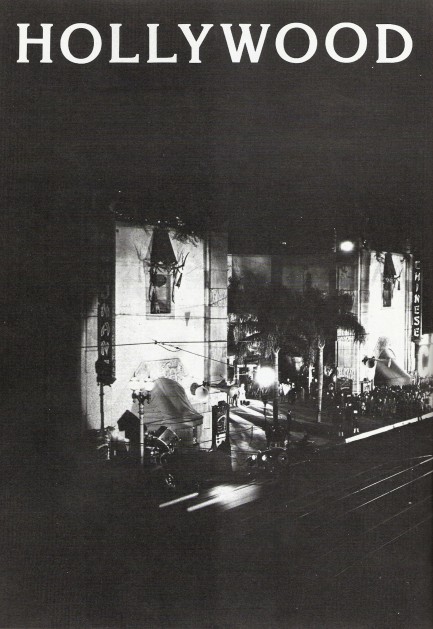
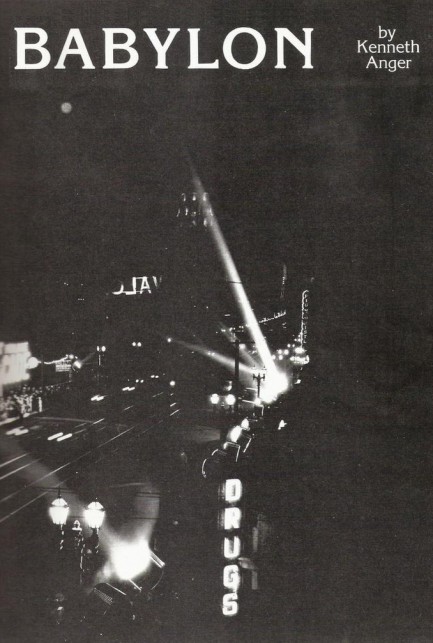
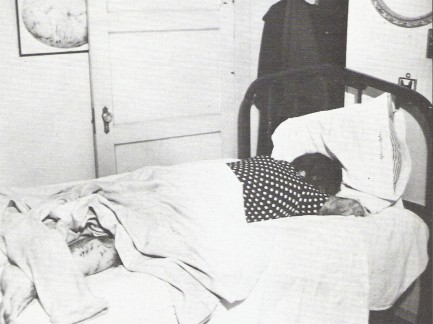
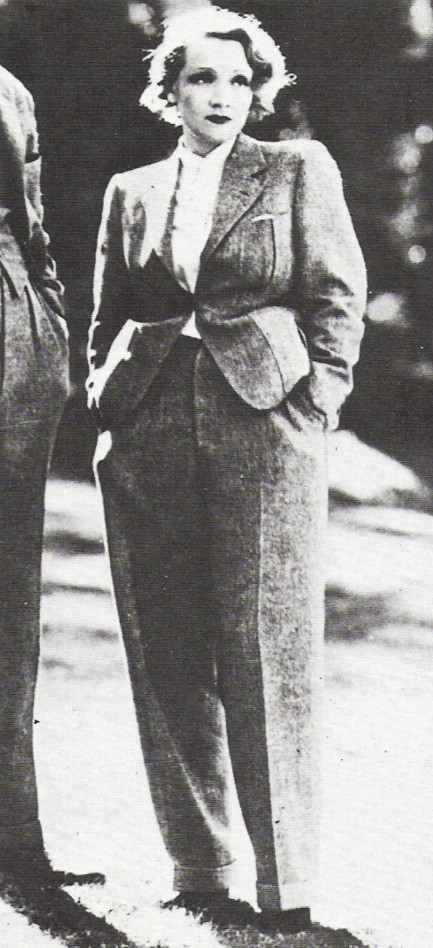
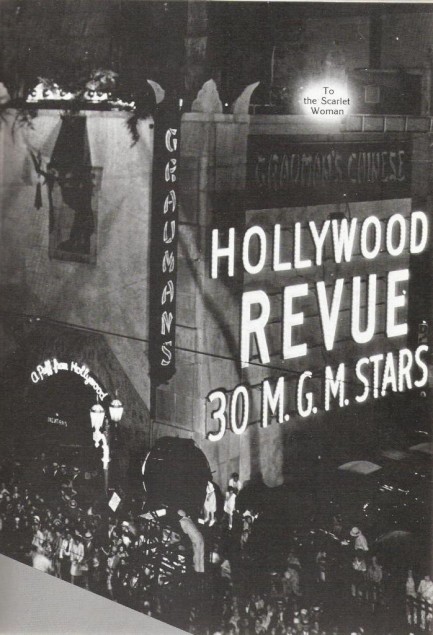
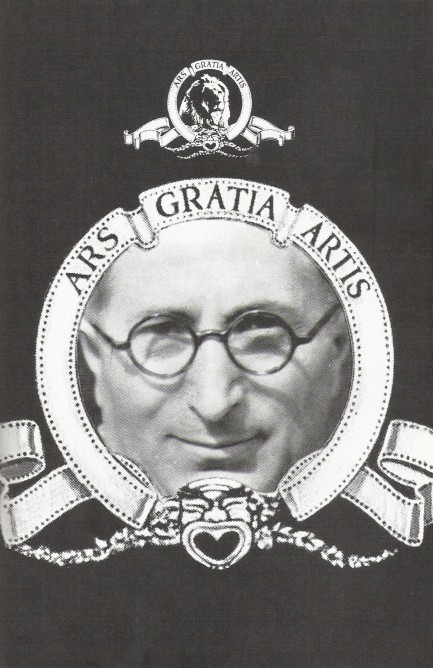
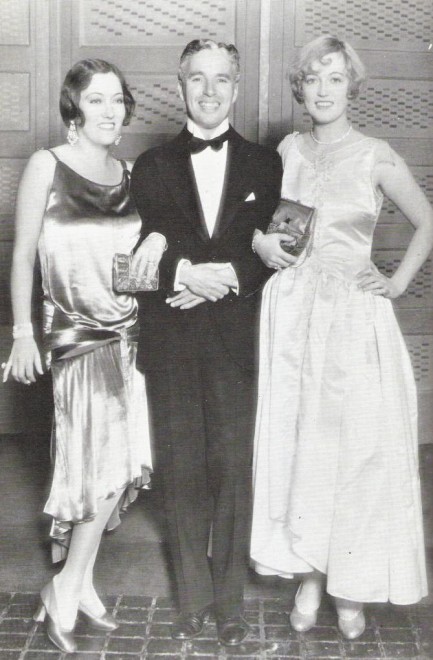
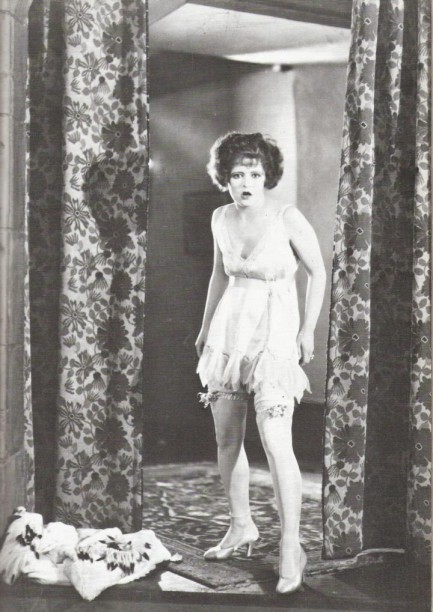
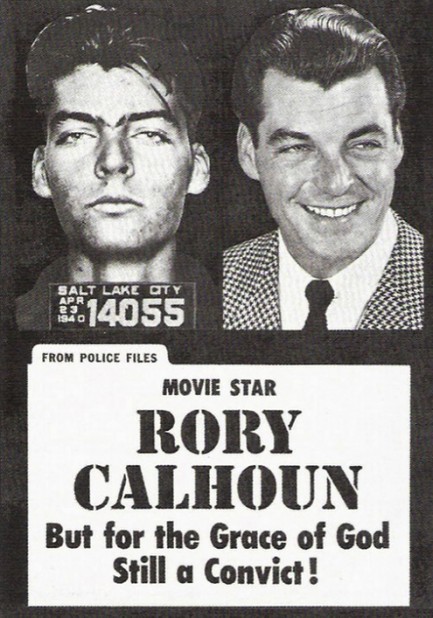
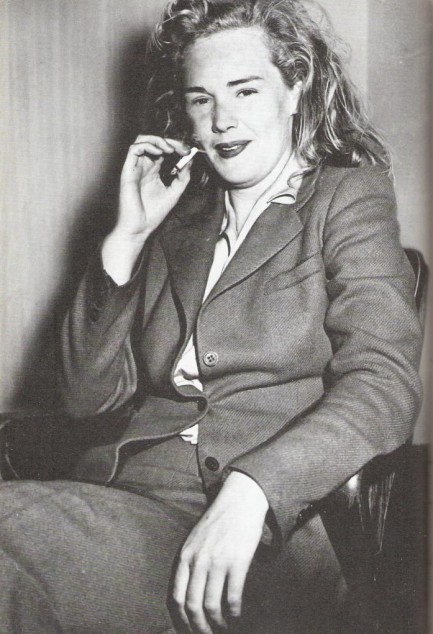
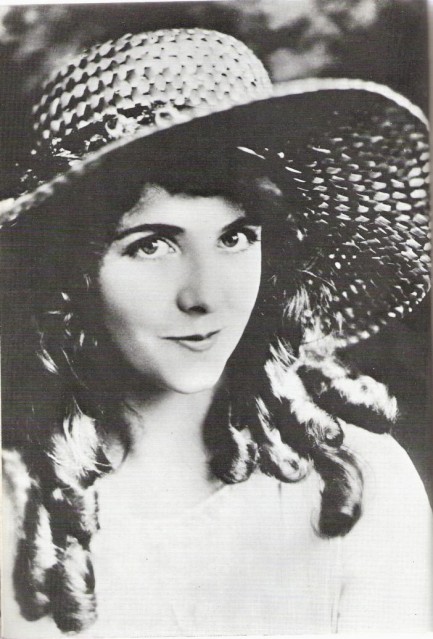
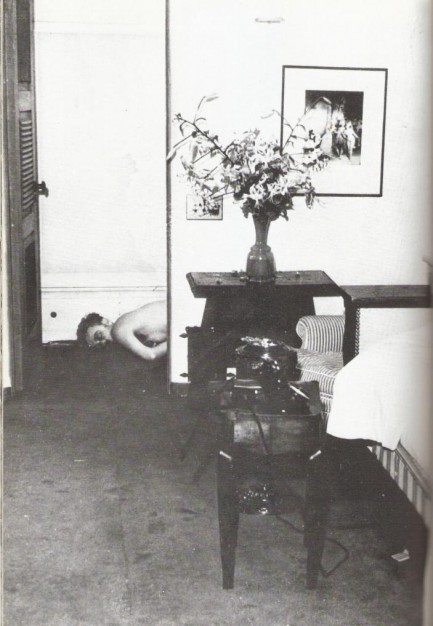
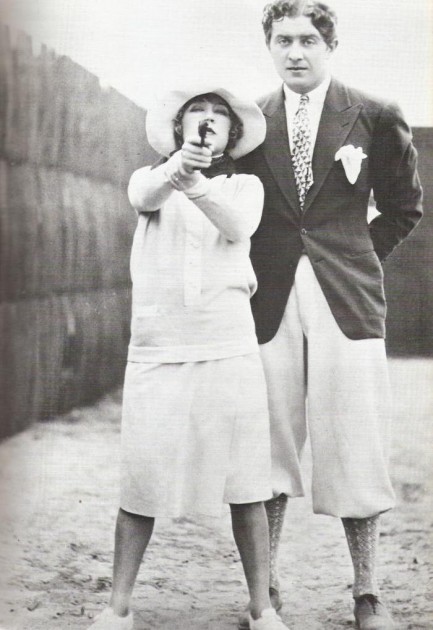
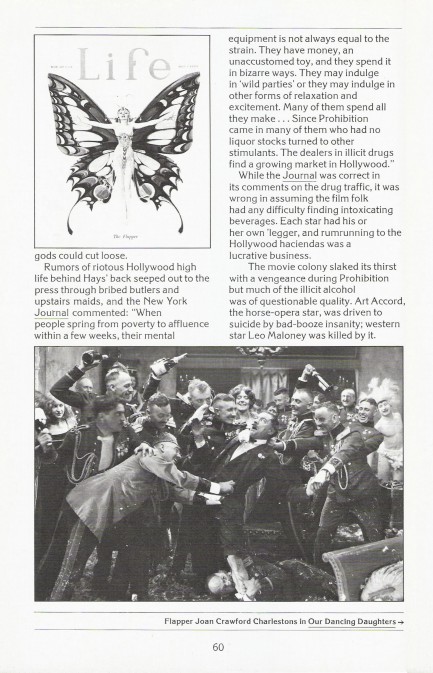
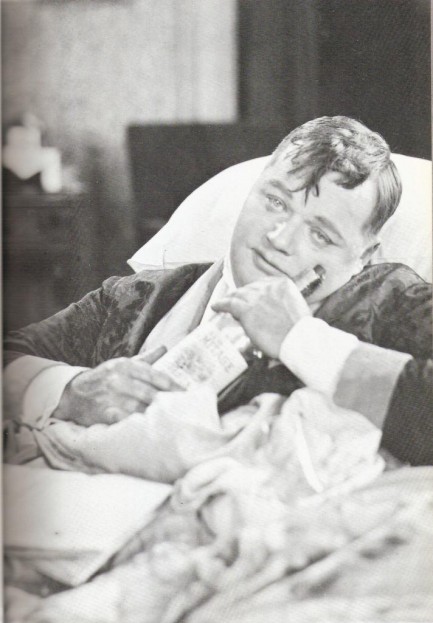
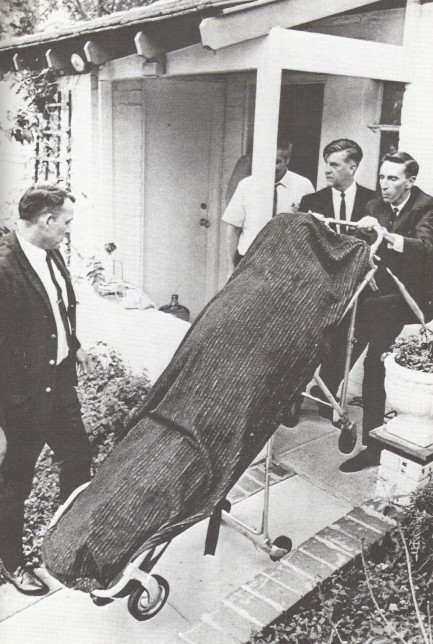
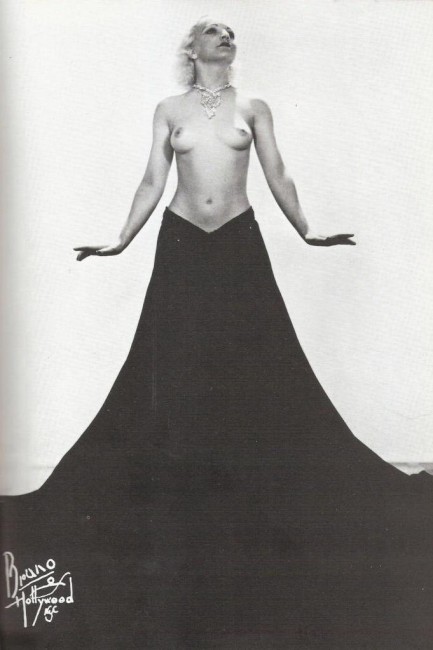
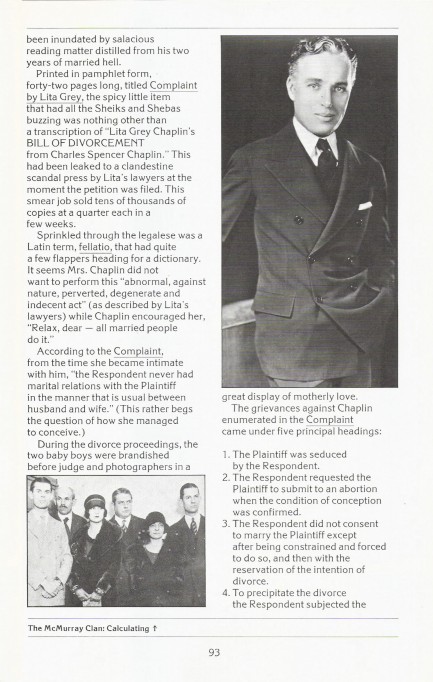
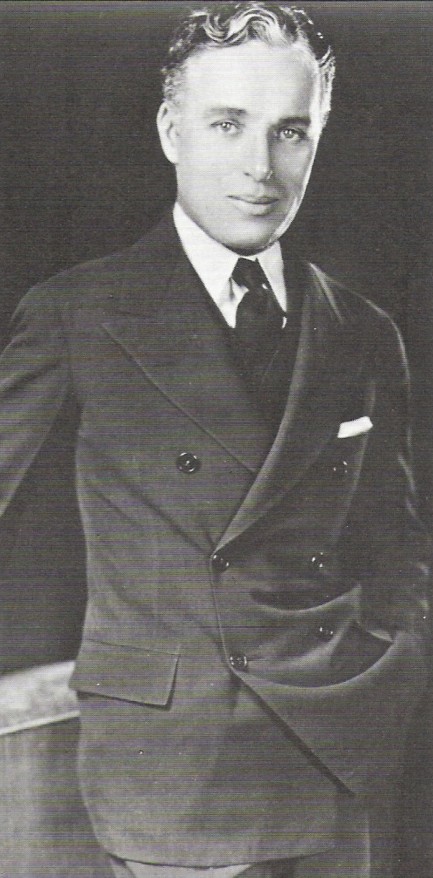
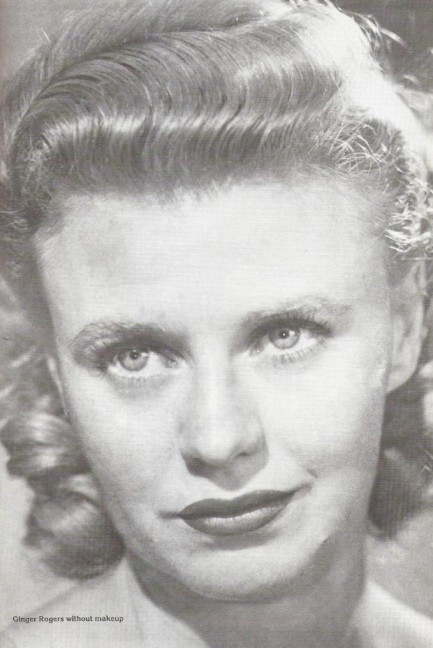
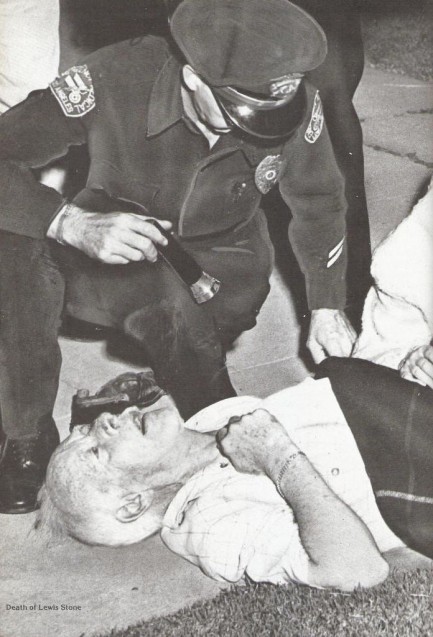
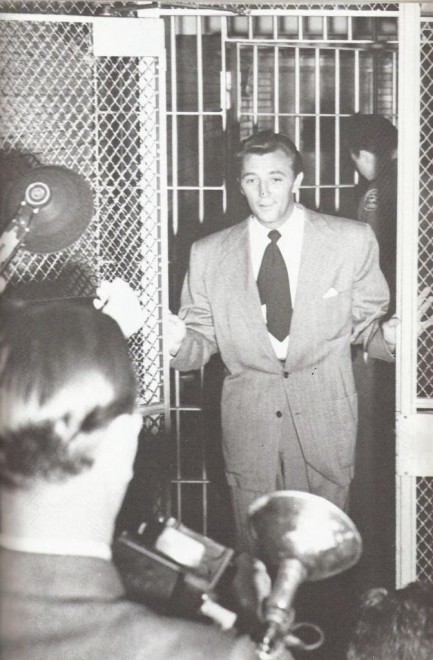
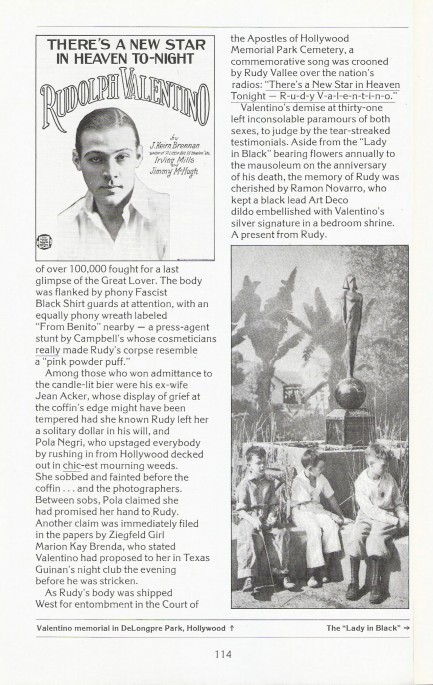
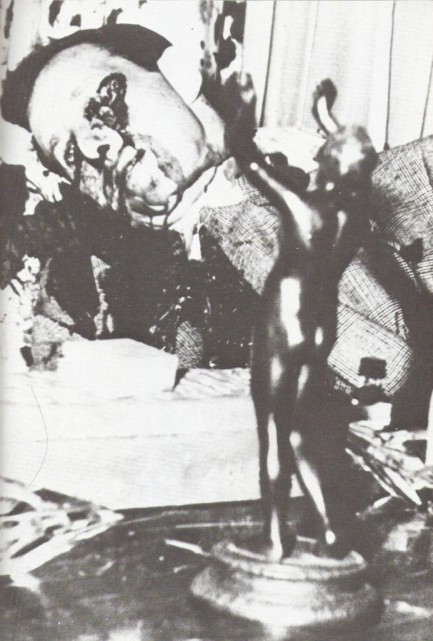
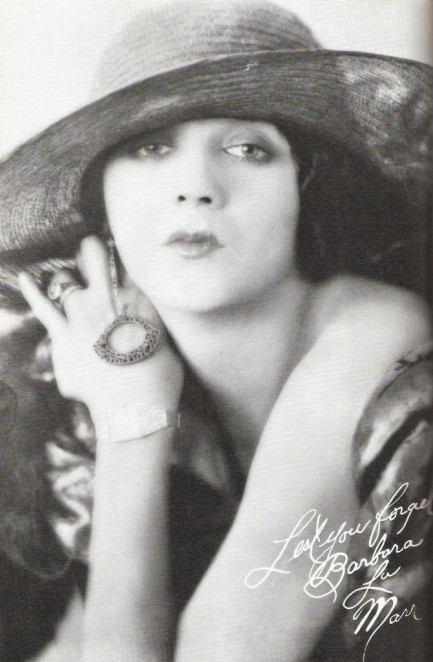
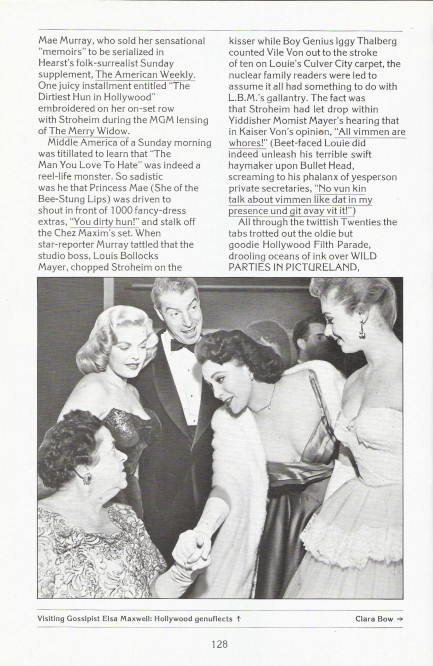
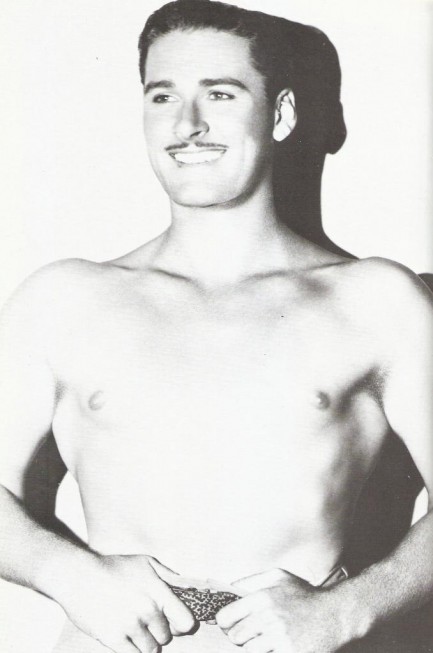
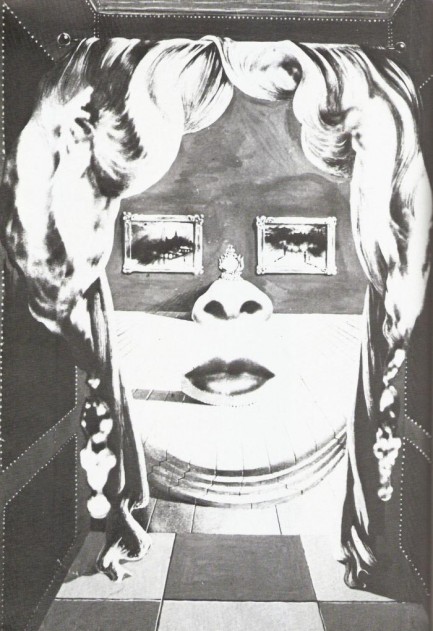
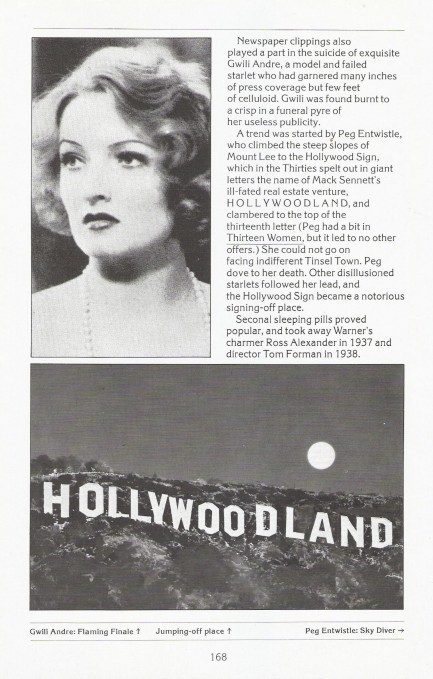
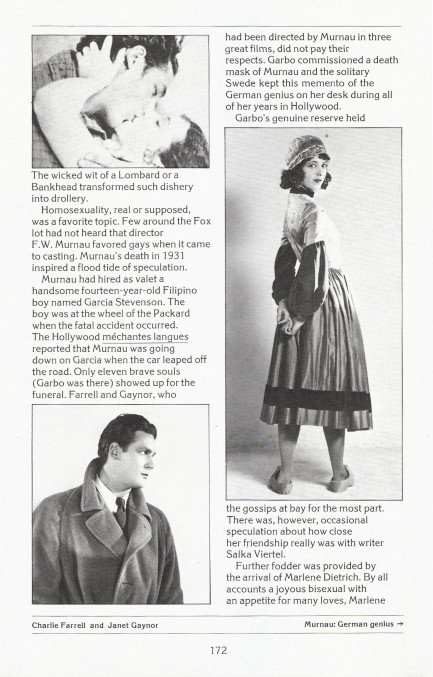
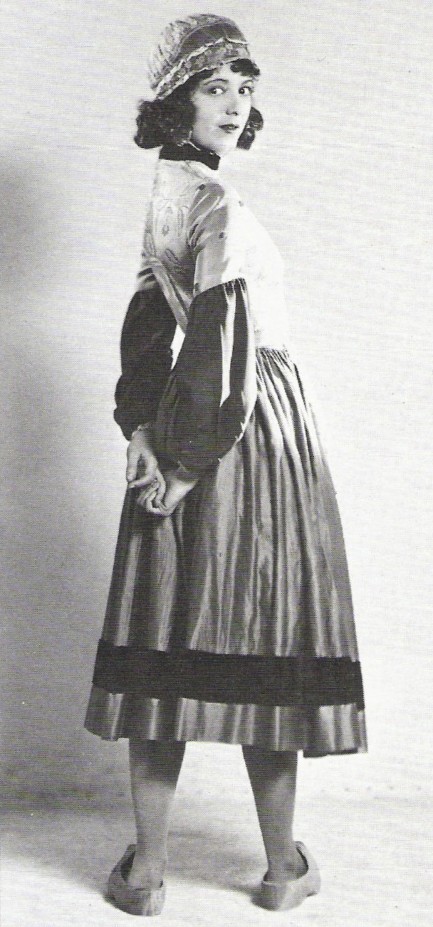
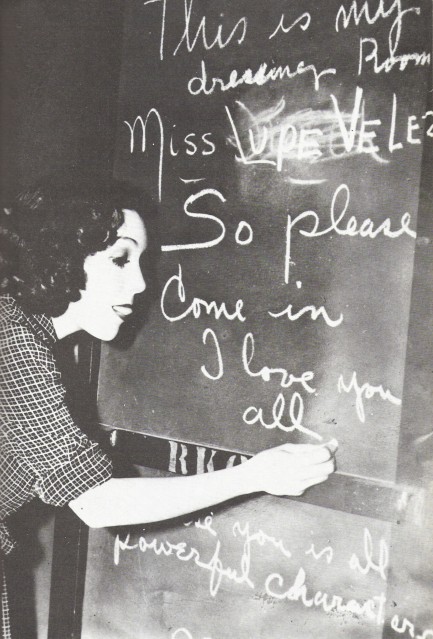
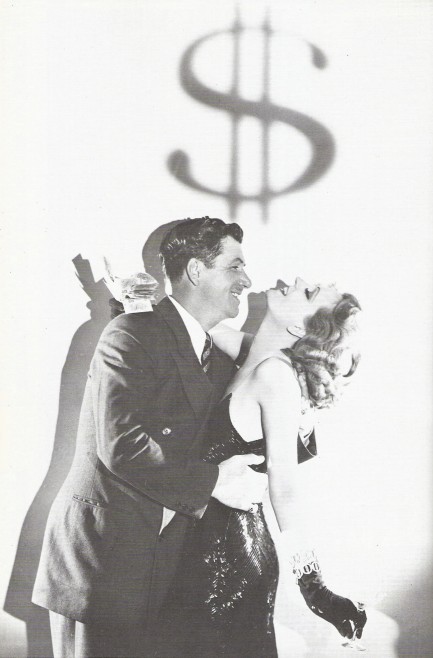
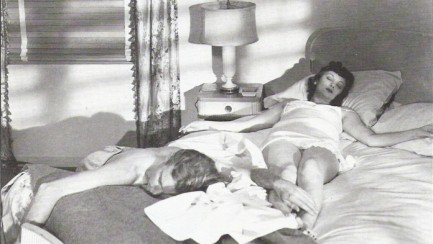
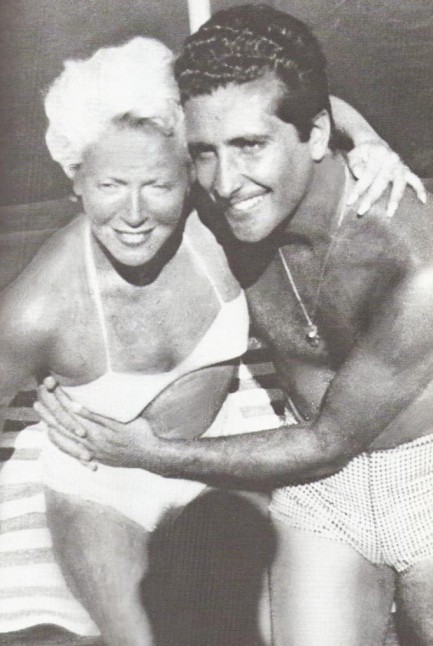
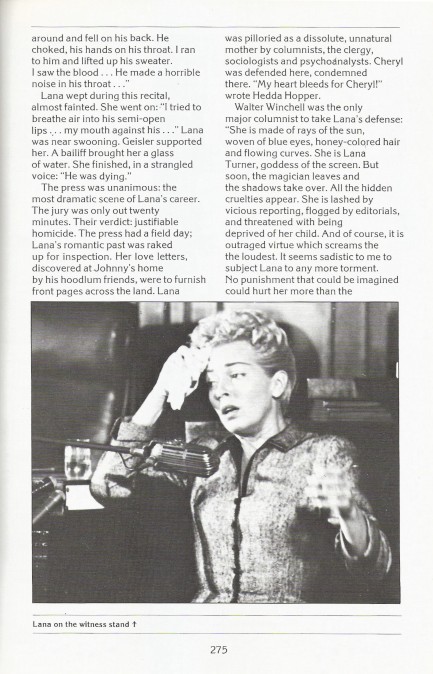
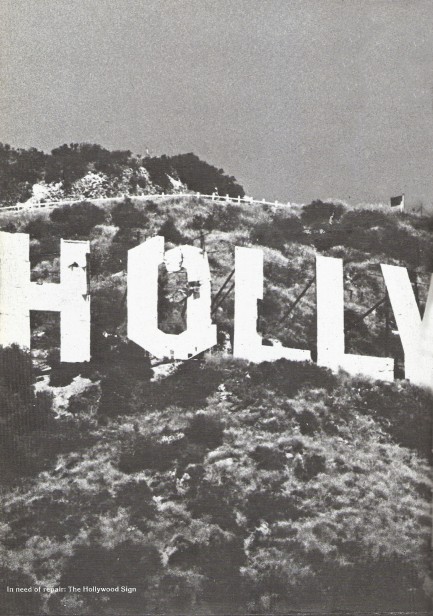
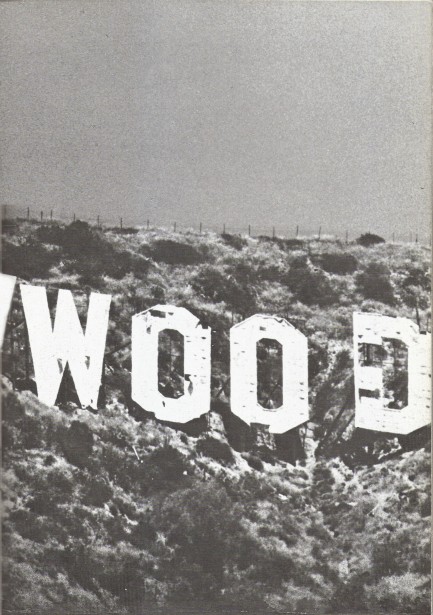
Hollywood BabylonKenneth AngerJayne MansfieldCharlie ChaplainGloria SwansonMarion DaviesClara BowFrances FarmerOlive ThomasPaul BernDavid MdvaniMae MurrayPrincess MdvaniFatty ArbuckleJean HarlowLana TurnerJohnny StompanatoGinger RogersLewis StoneRobert MitchumBugsy SiegelBenjamin SiegelBarbara La MarrErrol FlynnMae WestSalvador DaliRudolph ValentinoElsa MaxwellLinda DarnellGwili AndreJohn GilbertLupe VelezJanet GaynorMarlene DietrichRory Calhounsuicidemurder
| Intl. Notebook | Apr 13 2010 |

Confidential tries a new look on the outside, sticks with the tried and true inside.
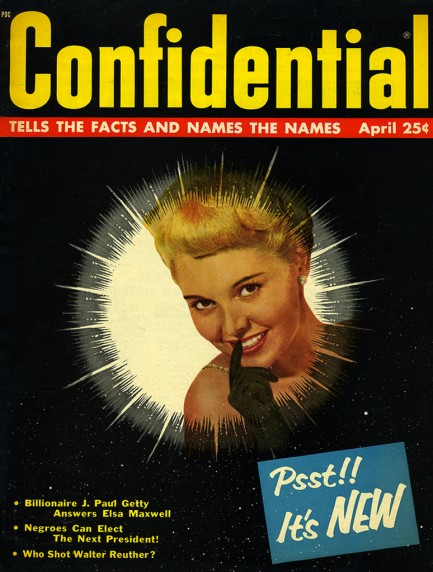
Here’s an unusual black Confidential from April 1958, which offers a mere trio of cover teasers. But the streamlined look outside doesn’t change the interior formula, which means you get the usual selection of dubious journalism, including a piece on black voter turnout designed to get white people seriously worried, and a story on CIO president Walter Reuther that emphasizes the possibility that he was shot by communists. But the most interesting story—to us, at least—concerns oilman/billionaire J. Paul Getty and gossip columnist/society hostess Elsa Maxwell, because the two well-known figures present an instructive lesson in contrasts.
Getty came from a wealthy family; Maxwell’s humble background made her an intruder in high society. Getty was as vicious as a mongoose, but his wealth prevented what would have been a well-deserved fall from grace; Maxwell used pure charm and intelligence to rise to a position as the most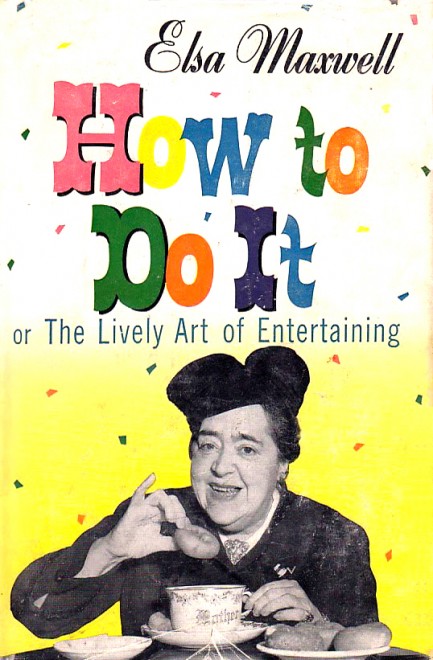 celebrated society hostess in the world. The worst Maxwell probably ever did was dish on society types in her gossip column; Getty once allowed kidnappers to cut off his grandson’s ear rather than part with a ransom, and once extended to Alfried Krupp von Bohlen—a German munitions baron who had given lavishly to the Nazi Party, used Jewish slaves in his industries during WWII, and allowed his factory yards to be used for executing POWs—an invitation to his house warming party. Advantage, Maxwell. One other thing in her favor—she’s the person the phrase “the hostess with the mostest” was popularized about. We’d take that as a legacy any day.
celebrated society hostess in the world. The worst Maxwell probably ever did was dish on society types in her gossip column; Getty once allowed kidnappers to cut off his grandson’s ear rather than part with a ransom, and once extended to Alfried Krupp von Bohlen—a German munitions baron who had given lavishly to the Nazi Party, used Jewish slaves in his industries during WWII, and allowed his factory yards to be used for executing POWs—an invitation to his house warming party. Advantage, Maxwell. One other thing in her favor—she’s the person the phrase “the hostess with the mostest” was popularized about. We’d take that as a legacy any day.
 celebrated society hostess in the world. The worst Maxwell probably ever did was dish on society types in her gossip column; Getty once allowed kidnappers to cut off his grandson’s ear rather than part with a ransom, and once extended to Alfried Krupp von Bohlen—a German munitions baron who had given lavishly to the Nazi Party, used Jewish slaves in his industries during WWII, and allowed his factory yards to be used for executing POWs—an invitation to his house warming party. Advantage, Maxwell. One other thing in her favor—she’s the person the phrase “the hostess with the mostest” was popularized about. We’d take that as a legacy any day.
celebrated society hostess in the world. The worst Maxwell probably ever did was dish on society types in her gossip column; Getty once allowed kidnappers to cut off his grandson’s ear rather than part with a ransom, and once extended to Alfried Krupp von Bohlen—a German munitions baron who had given lavishly to the Nazi Party, used Jewish slaves in his industries during WWII, and allowed his factory yards to be used for executing POWs—an invitation to his house warming party. Advantage, Maxwell. One other thing in her favor—she’s the person the phrase “the hostess with the mostest” was popularized about. We’d take that as a legacy any day.



































































